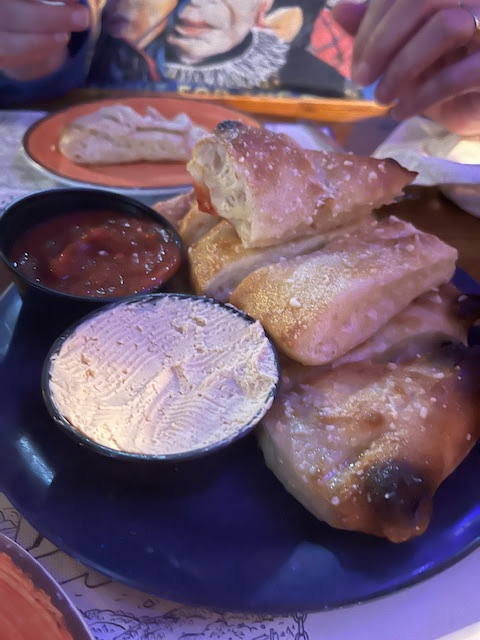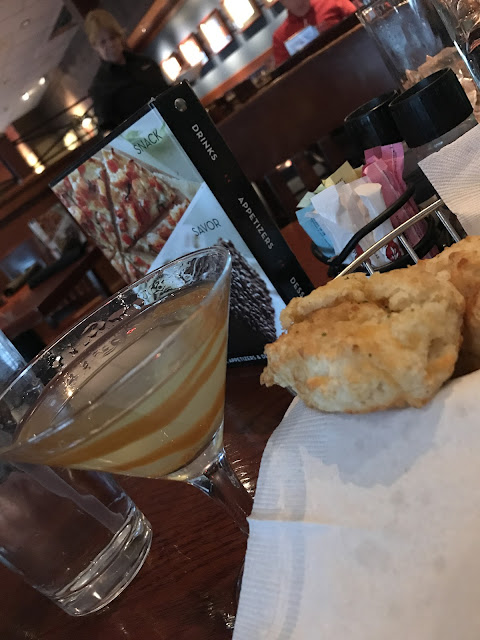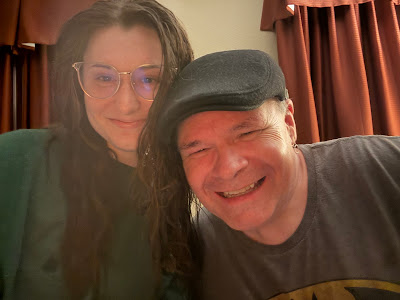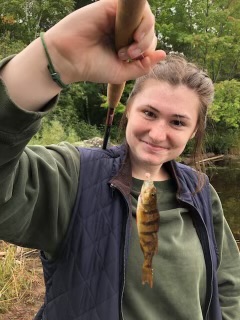I’m not lamenting the fact that my day was rather uninteresting. Most of my days are jam packed with interesting. Interesting can be exhausting. As the husband of one of my best friends once said, “There’s nothing wrong with sameness.” That’s right—I embrace boring. Boring brings blood pressure down. Allows for naps and binge watching bad movies and TV shows. It’s healthy.
And, for me, the best poems are the ones that transform something boring/ordinary into something inspiring. It’s all a matter of perspective. I don’t have to jump out of an airplane or dive on the Great Barrier Reef in order to have an astounding day. Sitting in the middle of a patch of wild blueberries can be pretty astounding, as well. Every day doesn’t have to be Christmas or a wedding.
Sharon Olds writes about an extraordinary day in her parents’ lives . . .
My Parents’ Wedding Night, 1937
by: Sharon Olds
Today, I thought of that blood, rippling out
like the blood that seeps up out of the side
of a trout when the pressed-down blade breaks through,
tough salty sweet fish
of my mother’s maidenhead. It was in the dark,
the harsh-shantung blinds drawn down, the
ruffled curtains unloosed at the waist.
She was naked with a man for the first time,
the intricate embroidery silks of her
pudenda moist upright alert
terrified, thrilled, each hair
reaching out and curling back, she was
there in the bed like her own parents,
there at the center of the world. Now
she was the loaf laid into the pan
raw and being fed now into the bright oven.
And I thought of my father, over her,
ivory-white face and brilliantine hair,
up on his elbows like a man pulling himself
out of the ocean onto the beach. The war
had not yet begun, they lay and slept
in blood and peace, no one knew what was coming.
I leave them wrapped in that sheet, double larvum,
they sleep with their mouths open like teenagers
in the smell of champagne and cruor and semen,
they rest but I go back and back to that moment,
looking at it until I get more used to it,
like my childhood God watching Adam and Eve in the garden—
the first springing wrinkle of blood, I
see it as a castaway sees the leap of
life pouring out of the turtle’s throat where the shell severs it.
You see, a man and a woman in bed on their wedding night isn’t anything mind-blowing, except for the couple. People have sex all the time. Generally, there aren’t going to be parades or fireworks each time someone engages in an intimate act. (That would be horrifying and hilarious at the same time.)
For me, sitting down with my journal and fountain pen always feels amazing. I’m happiest when I can spend time writing something—poems, essays, blog posts, whatever. Last night, I went to a fireworks display in my hometown. What did I bring with me to keep myself occupied? My journal and fountain pen. (I know, I know. You’re probably thinking I’m pretty lame. However, out of that time sitting on the grass, waiting for darkness to fall, I was able to get a rough draft of a poem written.)
I’m never bored because I’m always thinking about my next writing project. Hence, I’m always on the lookout for life’s tiny miracles. A fragment of a robin egg. Polished stone. Surprise rain shower. Fresh tapioca pudding, right off the stove. All miracles. All worthy of poems.
Saint Marty wrote a poem about an ordinary day in the life of an ordinary person, based on the following prompt from July 26 or The Daily Poet:
Write a poem that is a study of a human being in motion. Describe your chosen person’s action and imagine their thoughts. Suggestions for whom you might study: a waitress, a postal worker, a lifeguard, a conductor, a chef, your mom in the kitchen. Here’s an excerpt from Joyce S. Brown’s “The Waitress at Atwater’s” to get you started:
Perhaps
the spilled ketchup
annoys her, or
she sees in the shiny surface
some scene she would rather forget.
The Vicar Visits McDonald’s
by: Martin Achatz
Maybe
it’s the smell
of candle wax
in the dark
sanctuary, its
sweet bee-ness,
that fills him
with an urge
to open his lips,
confess that he
imagined the woman
in the McDonald’s
drive thru
Biblically
when he picked
up his coffee
this morning, even
asked her for
extra sugar
and cream
to spend a few
more seconds
in her presence,
although he usually
drinks his coffee
black, strong as sea
water, an act
of penance he
learned in seminary.
He has
Sunday’s sermon
to practice,
but all he
can think about
right now
are the McNuggets
he’s going
to order
for lunch.
He may even
supersize
his French fries.












